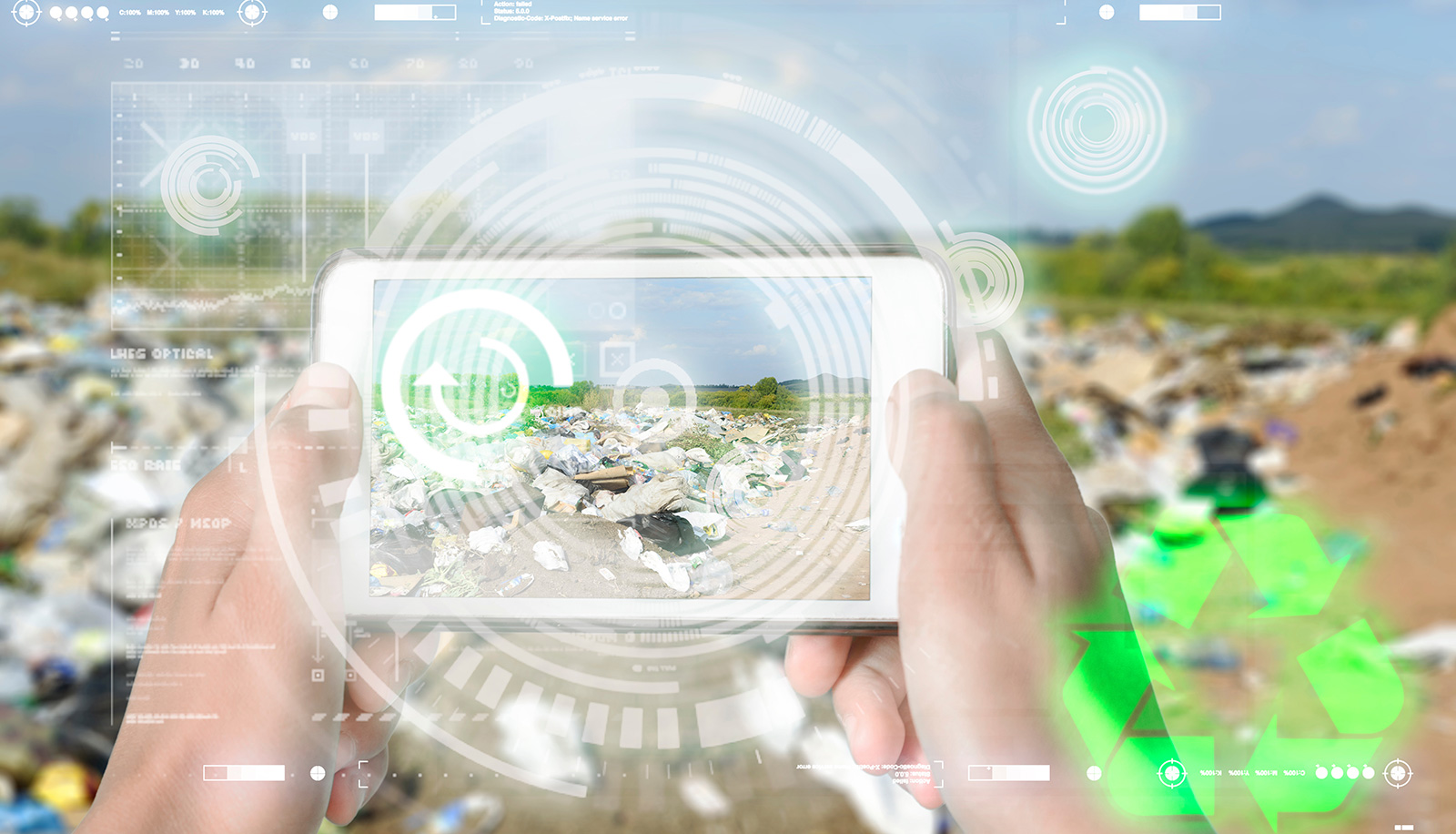
New POLYPROBLEM report by the Röchling Foundation and Wider Sense
The Circularity Code
How digitalization helps with the plastic transition…
and how it does not
The technology is available. However, there is still work to be done on the required willingness to cooperate in order to use it systematically to conserve resources when dealing with plastics. This is the key finding of the new POLYPROBLEM report by the non-profit Röchling Foundation and the consultancy WIDER SENSE.
Featuring numerous interviews with experts, the study entitled “The Circularity Code” gets to the heart of the question of how much digital innovations contribute to the fight against plastic waste. It was important to the authors to shed light on all relevant sectors and all parts of the value chain: from digital support in design, the overall ecological assessment of packaging and the digital product passport to new, digital possibilities in waste management and recycling.
“The complexity of plastic products means that they go through many stages from production to use and finally to recycling. Each production step generates data that is important for sustainable optimization. If there is no willingness to share this data across the entire value chain, even the best digital tools are of little help,” summarizes study co-author Uwe Amrhein.
Digital technologies hold immense potential for the development of a circular economy and the avoidance of plastic waste emissions. With the help of artificial intelligence, machines are learning to optimize the production process to minimize the use of resources. Digital twins can be used during product development to run through different scenarios in terms of material and product characteristics to find the best solution.
Digital transformation can also help after the use phase – for example in the management of material flows and in the sorting of materials for recycling.
And even around waste prevention, digitalization offers great opportunities. For example, new companies that are currently launching reusable container systems for takeaway restaurants are relying on apps that make it possible to track and steer the path of their containers. And here, too, the question of cooperation arises. Do we need a common digital infrastructure? Or would it simply restrict competition?
The new POLYPROBLEM report also takes a close look at the opportunities offered by digitally assisted disposal of plastic waste that has already been generated. Current developments in this area appear to be particularly dynamic. It starts with waste collectors in the Global South, who are increasingly using specially developed apps to record and market their collected materials. And it doesn’t end with globally active organizations for cleaning up bodies of water that record “plastic hotspots” with the help of artificial intelligence.
Despite these possibilities, according to the authors of the study, it is by no means clear whether digitalization will help or even harm environmental protection. This is because increases in productivity through digital technologies initially give the classic, growth-driven economic model an additional boost. Whether it will also be possible to turn them into a powerful tool on the way to a sustainable economy depends on the one hand on the political framework conditions and on the other hand on the willingness of all those involved to co-create.
Whether the “Circularity Code” works is ultimately not a question of technology, but of mindset.
Polyproblem The Circularity Code
Click here to download the latest POLYPROBLEM report. The new POLYPROBLEM report is now also available for download at polyproblem.org and widersense.org.
Under the umbrella of POLYPROBLEM, the non-profit Röchling Foundation and Wider Sense are bundling various information and networking opportunities that are intended to contribute to better cooperation in solving this global challenge. These include studies, webinars, workshops and excursions. All offers can be accessed via the website www.polyproblem.org.

